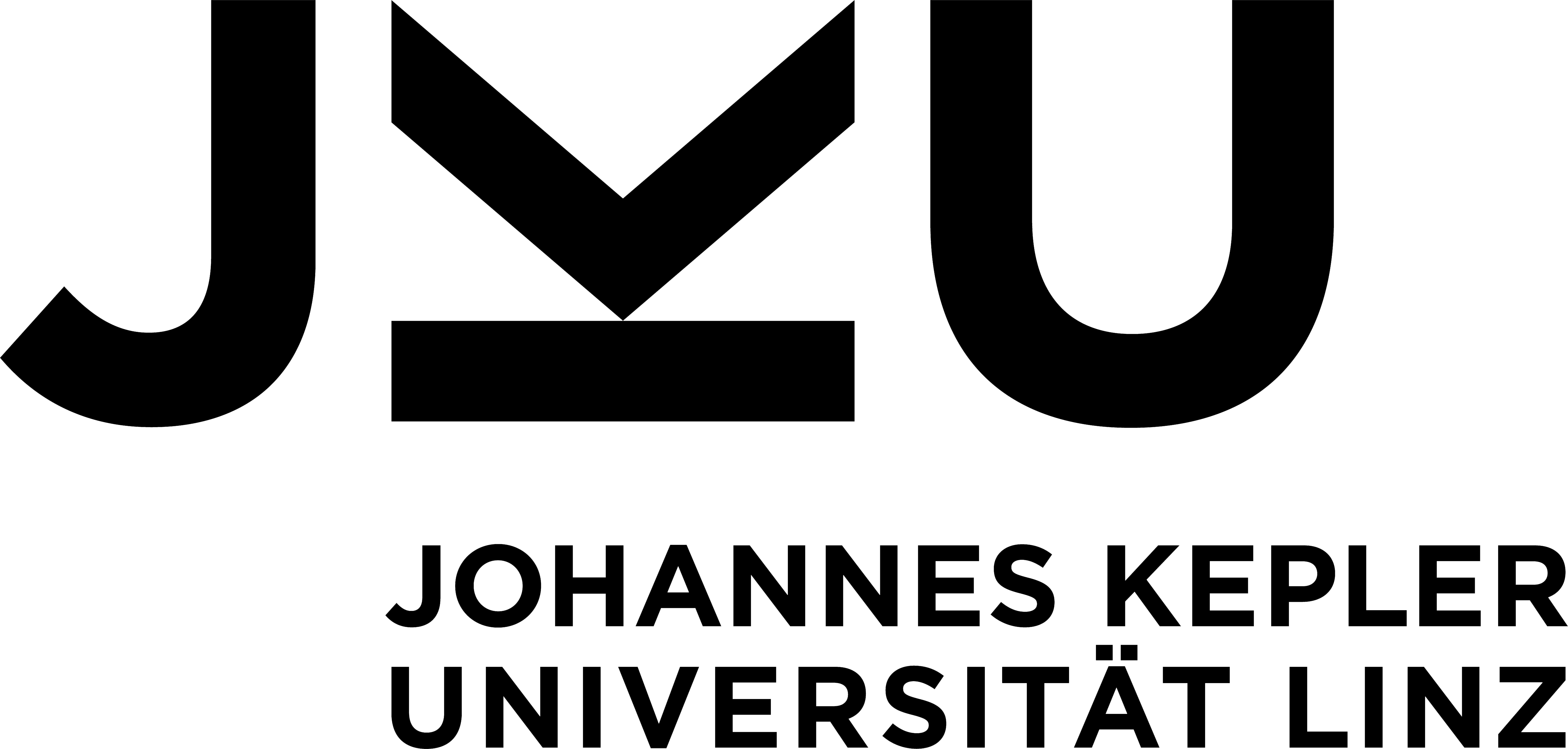Computer Science Colloquium
Dr. Roman Pflugfelder
AIT Austrian Institute of Technology
Introducing Visual Object Tracking From Classical Views to Machine Learning
Wed 10.04.2019, 12:30, 60 minutesJKU, Science Park Building 2, Room 120
Abstract
Visual object tracking is a fundamental and important task in computer vision. Tracking is an essential prerequisite of motion analysis which is important to many problems such as motion capturing, object recognition and scene understanding. Tracking research started in the early 1950s with Claude Shannon's exceptional work on information theory and Philip Woodward's contributions to radar research. Since then, tracking has become a research field in various scientific disciplines, considering beside visual data, state estimation in dynamical systems or the analysis of time series. Despite the efforts, visual tracking is an open problem, lacking in a sufficient theoretical understanding and in practical algorithms for a large number of applications. This lecture will give an introduction to tracking and motion analysis, its challenges and applications supported by practical examples. We will learn the theoretical views on the problem, which are currently prevalent in literature, especially by focusing on tracking single objects. Finally, the talk will present a rather popular view on tracking by seeing the problem from a machine learning perspective. A compact overview of different learning situations such as adaptation, semi-supervised learning, unsupervised deep learning with different representational models under different algorithmic design concepts is given. The talk concludes with a summary of the current state-of-the-art concerning performance, open problems and potential future work.Bio
Roman Pflugfelder is Scientist at the AIT Austrian Institute of Technology and lecturer at TU Wien. He received in 2002 a MSc degree in informatics at TU Wien and in 2008 a PhD in telematics at the TU Graz, Austria. In 2001, he was academic visitor at the Queensland University of Technology, Australia. His research focuses on visual motion analysis, tracking and recognition applied to automated video surveillance. He aims to combine sciences and theories in novel ways to gain theoretical insights into learning and inference in complex dynamical systems and to develop practical algorithms and computing systems. Roman contributed with more than 55 papers and patents to research fields such as camera calibration, object detection, object tracking, event recognition where he received awareness of media as well as several awards and grants for his scientific achievements. Roman is senior project leader at AIT where he has been managing cooperations among universities, companies and governmental institutions. Roman co-organised the Visual Object Tracking Challenges VOT'13-14 and VOT'16-18 and was program co-chair of AVSS'15. Currently he is steering committee member of AVSS. He is regular reviewer for major computer vision conferences and journals.Invited by Univ.-Prof. Dr Marc Streit, Institute of Computer Graphics
The Computer Science Colloquium is organized by the Department of Coputer Science at JKU, the Österreichische Gesellschaft für Informatik (ÖGI) and the Österreichische Computergesellschaft (OCG).
